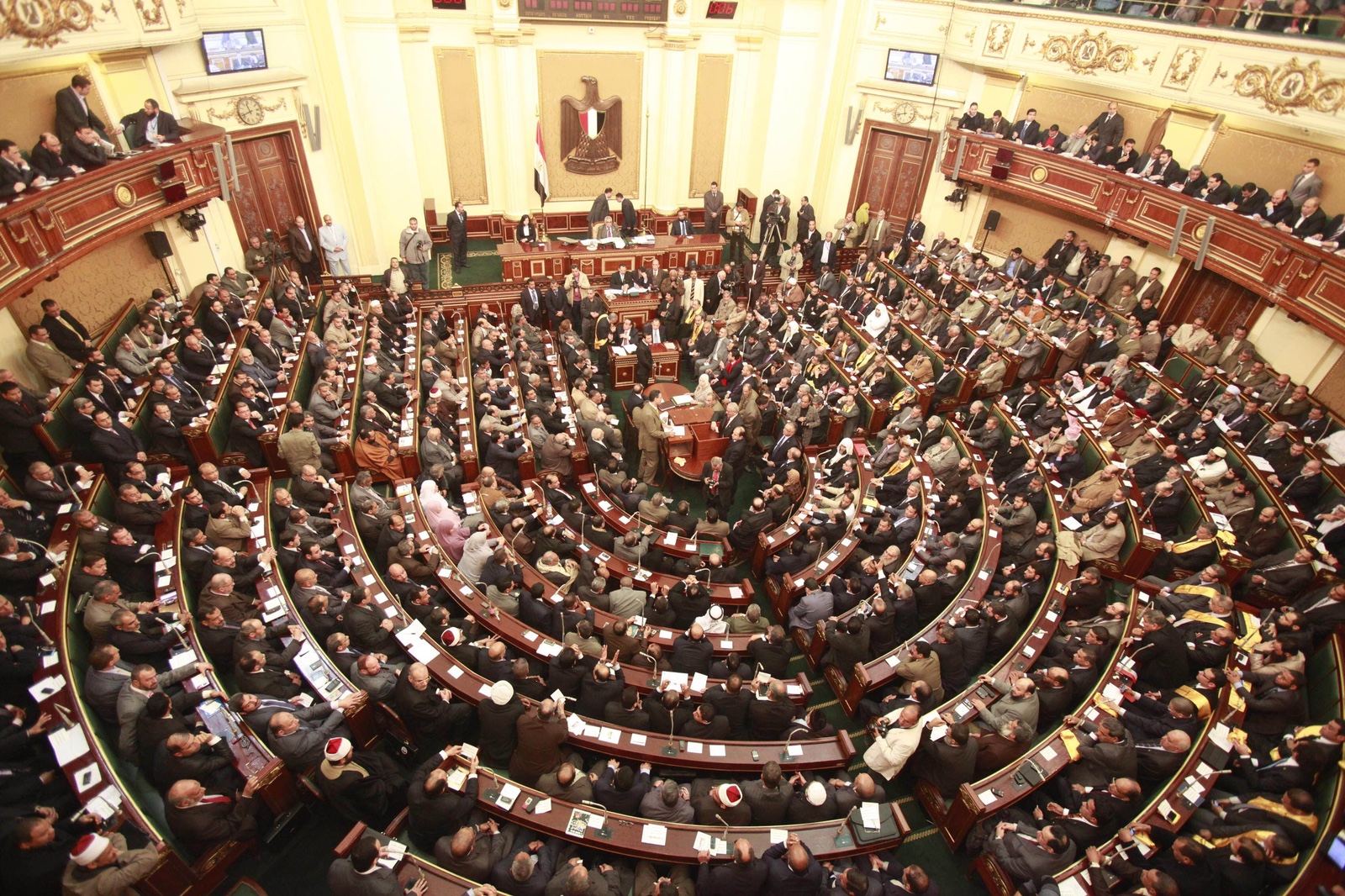Egypt parliament committees approve PPP Act amendments, dispute resolution bill

LEGISLATION WATCH- House planning committee approves PPP Act amendments in principle: The House Planning and Budget Committee gave a preliminary nod yesterday to proposed amendments to the PPP Act that would streamline public-private partnership (PPP) contracts and is set to continue discussing the bill today, according to Al Shorouk. The draft was finalized back in June after receiving cabinet approval late last year.The amendments would cut the time to issue tenders for PPP projects and introduce new mechanisms for private sector contracting, including allowing private sector players to submit unsolicited proposals. The government would also be allowed to negotiate directly with a sole bidder without needing to take the project through the competitive bidding process.
Draft law on dispute resolution gets committee-level parliament approval: The House Legislative Committee also signed off yesterday on draft legislation that would regulate procedures relating to special judicial mediation for out-of-court trade and civil dispute settlements, the local press reports. The legislation applies to all disputes, with the exception of those where ministers or public figures are involved, collective labor disputes, economic or family court cases, disputes resulting from the Investment Act, and cases under the judicial authority of the Council of State. The draft law will now be referred to the House of Representatives’ general assembly for review and a final vote. The Madbouly Cabinet had approved the bill earlier this year.
House preliminarily approves renewing legislation to channel 5-15% of slush funds to state coffers: Parliament’s general assembly also approved in principle a draft law earmarking 5-15% of the annual surplus generated by ministerial “private funds” for state coffers, Ahram Gate reports. The bill would see the state lay claim to the surplus generated by the so-called private accounts (also widely referred to as government slush funds) as of 30 June, 2019. The legislation, a replica of which was also approved last year, sunsets each year and requires renewal.
Special funds are better off remaining separate from state coffers, says Maait: Special funds under the control of individual ministries and other government bodies are best left as they are, rather than merge them with the state budget, Finance Minister Mohamed Maait told the House Economic Committee yesterday, according to the local press. By keeping these funds distinctly separate from the state budget, they are “more effective” and “enjoy greater flexibility” in disbursing their wealth than if they were brought under the umbrella of the national budget, Maait said. These funds are typically maintained outside the budget system and have for years been the subject of scrutiny by both the domestic press and corruption watchdogs.